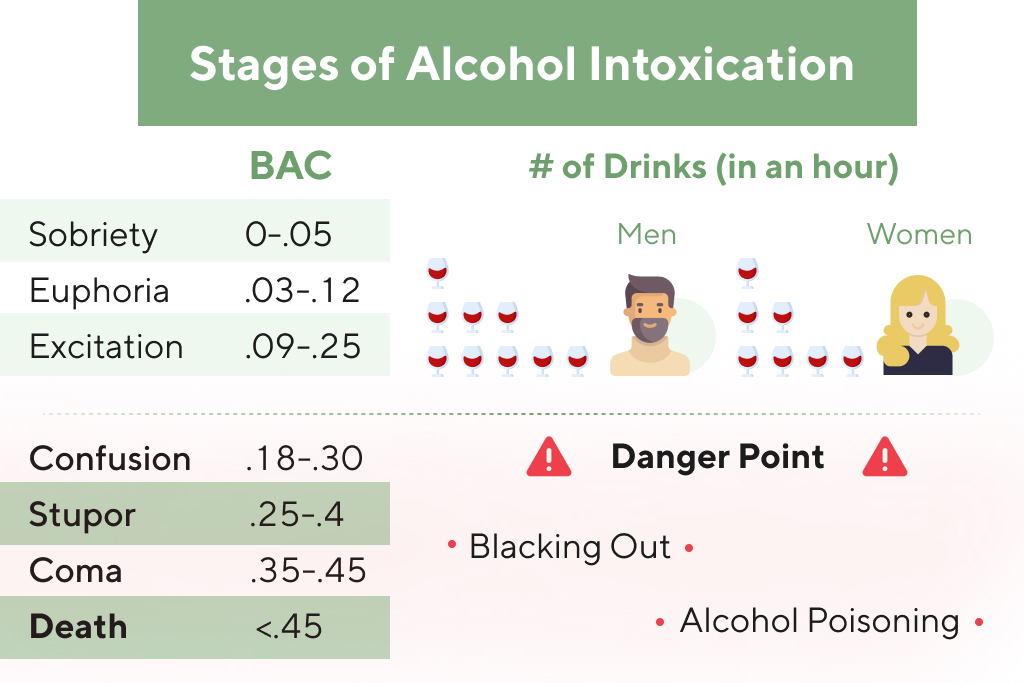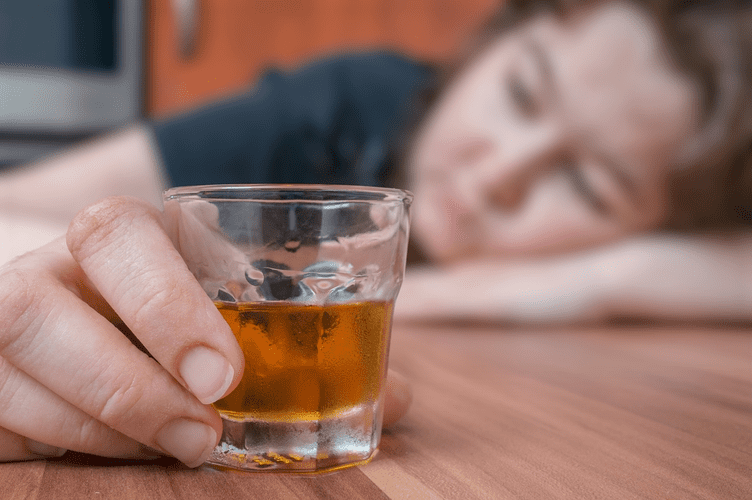25 Gut Health Hacks is yours absolutely FREE when you sign up to receive health information from Harvard Medical School. As a service to our readers, Harvard Health Publishing provides access to our library of archived content. Get help if you or someone you love has an alcohol-related problem. A.D.A.M., Inc. is accredited by URAC, for Health Content Provider ().
IV diazepam is usually preferred over IV lorazepam
With prolonged heavy alcohol use, the brain becomes accustomed to the depressant effects of alcohol. This article overviews AWS and DT, including the causes and symptoms. It also provides information on diagnosing, treating, and preventing DT, and outlines the possible complications of the what is alcoholism condition. Other medication involves antipsychotic medication to treat psychotic symptoms like hallucinations, anticonvulsants, pain medication, BP medication, and also heart-related medications.
Stage 1: Mild Withdrawal
DTs can escalate quickly, and the longer a person’s symptoms go unaddressed, the more likely they are to experience severe complications such as cardiac events, respiratory distress or severe injury. Once effectively treated, the individual’s mental status typically returns to normal over time, though it might take days or even weeks to feel fully recovered. The Recovery Village Columbus offers comprehensive addiction treatment for drug and alcohol addictions and co-occurring mental health conditions. For individuals at risk of delirium tremens, Porch Light Health offers Ambulatory Medically Supervised Withdrawal Services (AMSWS), providing safe medical supervision during the critical detoxification period. Our medical professionals are trained to monitor symptoms, administer appropriate medications, and intervene quickly if complications arise.
This condition is avoidable with professional medical guidance and specialized programs that help people who want to lower their alcohol intake or stop drinking entirely. Delirium tremens may be fatal and thus must be treated promptly with high-dose IV benzodiazepines, preferably in an intensive care unit. Very high doses of benzodiazepines may be required, and there is no maximum dose or specific treatment regimen.
typical treatment
One of the key ways to prevent delirium tremens is by effectively managing alcohol use. Abruptly stopping alcohol consumption can trigger DTs in individuals with alcohol dependency. Gradual tapering, under the guidance of a healthcare professional, can help the body adjust to reduced alcohol intake and minimize the severity of withdrawal symptoms. The primary goal of treatment for delirium tremens is to manage the symptoms and prevent potential complications. The most effective and commonly used medications for alcohol withdrawal, including delirium tremens, are benzodiazepines NCBI Bookshelf.
Alcohol addiction is one of the most common diseases worldwide, including in Australia. When you watch a loved one struggle with alcohol addiction, it can feel like a no-win situation. His hands would tremble so much that he could not type on his phone to look up locations or get assistance.
- Treatment plans are tailored to individual needs and may involve a combination of approaches to give the best chance for long-term health.
- Other ways to reduce its risk include limiting alcohol consumption to 2 drinks daily (or less) for men and 1 drink daily for women.
- Alcohol withdrawal happens when someone with moderate to severe alcohol withdrawal reduces drinking or stops drinking entirely.
You can learn techniques, take medication, and get support and professional direction as you try to manage this condition. After you are stabilized, you will need medical attention and surveillance, and your treatments can be adjusted based on your symptoms and vital signs. In What is Delirium Tremens addition to the management of alcohol withdrawal, you may also need treatment for specific effects of delirium tremens.
other neurological disorders associated with alcoholism
Medication dosages will be adjusted based on your withdrawal severity and individual response to treatment. This personalized approach helps ensure a safe withdrawal process while minimizing discomfort. The distinction between regular withdrawal symptoms and DTs is crucial for proper treatment and survival. While common withdrawal symptoms can be uncomfortable but manageable, DTs can be fatal if left untreated, with a mortality rate of up to 37% without proper medical care. Healthcare providers typically prescribe short-term medications to relieve the symptoms of mild to moderate alcohol withdrawal.
Recognizing Delirium Tremens: Key Symptoms and Risks
- Symptoms of delirium tremens range from severe confusion and tremors to hallucinations.
- Diazepam 5 to 10 mg IV or lorazepam 1 to 2 mg IV every 10 minutes is given as needed to control delirium; some patients require several hundred milligrams over the first few hours.
- People experiencing delirium tremens require immediate and comprehensive treatment to prevent severe complications.
- As a service to our readers, Harvard Health Publishing provides access to our library of archived content.
- If someone experiences symptoms of delirium tremens, it is crucial to seek immediate medical care.
For those struggling with alcohol use disorder and at risk of severe withdrawal symptoms like delirium tremens, finding appropriate medical support is crucial for safety and recovery. Delirium tremens represents a life-threatening medical emergency that requires immediate professional intervention—attempting to manage severe alcohol withdrawal without medical supervision can be fatal. Addressing co-morbidities is vital in treating delirium tremens, as patients with additional health issues tend to face higher mortality rates.
Binge drinking, defined as consuming ≥ 5 drinks per occasion for men and ≥ 4 drinks per occasion for women, is a particular problem among younger people. Alcohol withdrawal syndrome can start as early as two hours after the last drink and can last for weeks, involving a variety of symptoms. These symptoms can range from mild, like anxiety and shaky hands, to severe, such as seizures and hallucinations.
alcohol continuation to prevent withdrawal
If you have DT, you may be hospitalized so that you can be monitored and treated. Likewise, if you have a history of DT, you are at higher risk for getting it again, so you arelikely to be hospitalizedeven if youralcohol withdrawal symptoms do not seem too severe to you. The duration of delirium tremens can vary depending on several factors, including the severity of the symptoms, the individual’s overall health and whether they receive appropriate medical treatment.




